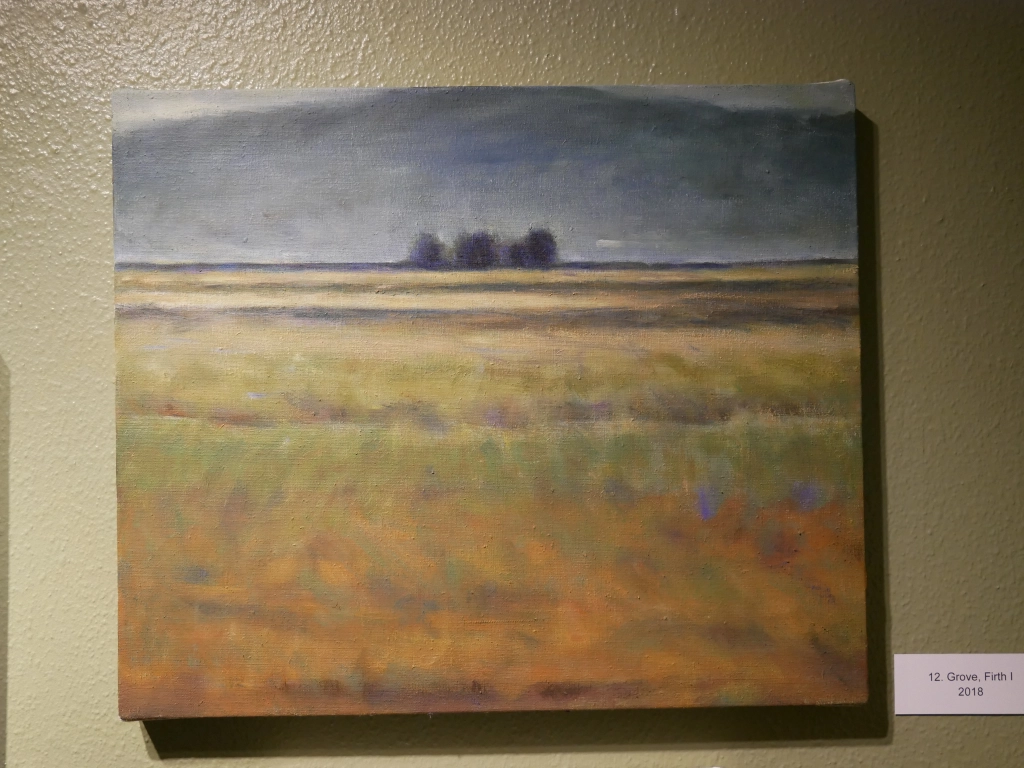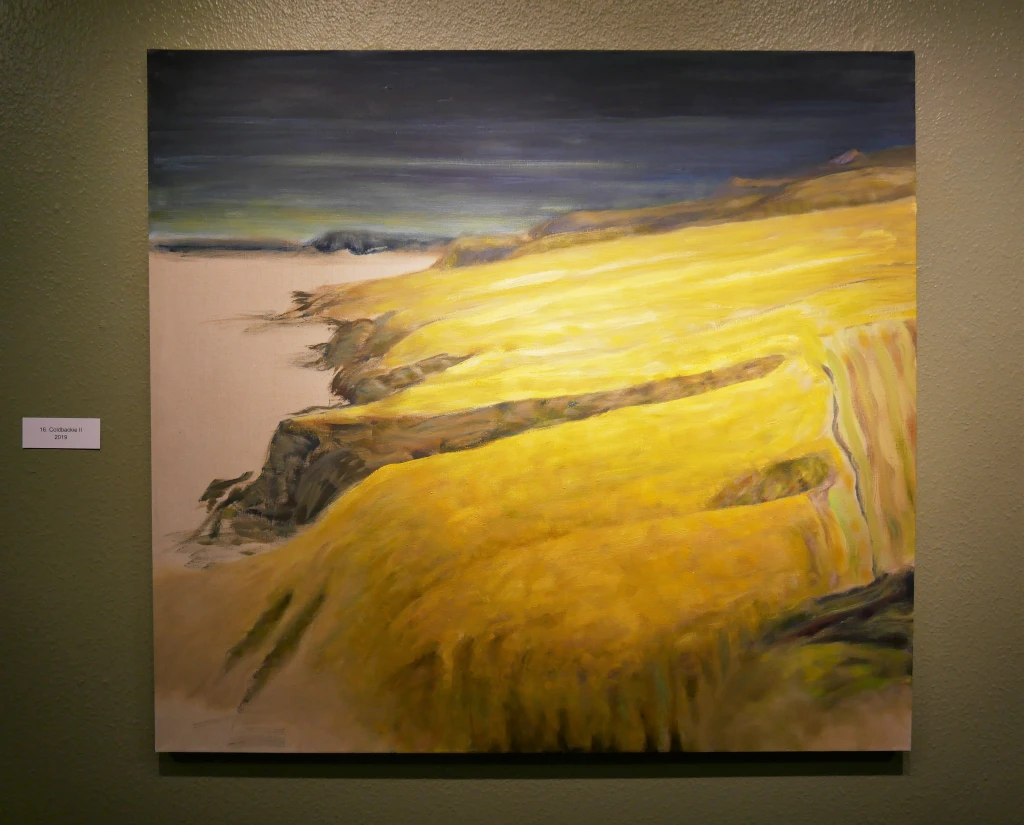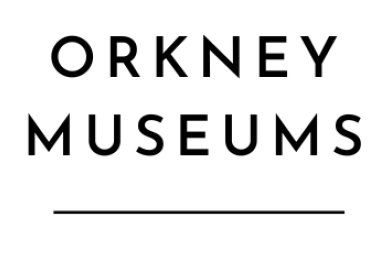Sylvia Hays, “An Unappropriated World”: Recent Paintings. Orkney Museum 6th-27th November 2021

Sylvia Hays exhibition provided a much needed splash of colour to a dull, November morning. These photographs do not do the paintings justice, but they give you an idea of what there is to be seen. Below is her artist’s statement.

“An Unappropriated World”
I lifted the phrase from a magnificent book The Hudson River and its Painters some years ago, copied it onto a strip of paper and taped it to the shelf above my desk where it joined another favourite quote: “ . . . the modest greatness of ordinary people” – Pushkin writing on Gogol’s The Captain’s Daughter. The quotations stayed there until the tape dried out. I was prompted to post
the second quote by an instinctive love for the idea. Only much later, when I needed an exhibition title, did I begin to ask myself what it could possibly mean. Is there such a place? Is there any part of the world that has not been appropriated already?
The Hudson River School is better known in America than here. I would have been aware of it from early on, years before I bought it on publication in 1972. The loosely-knit group of painters came to prominence around 1825 with the emergence of a distinctly American way of looking at the natural world through the lenses of romanticism and pantheism. In that year “an unappropriated world” occurs in an address which extols the role of the arts in society and the rich variety of the American landscape. For those painters based in New York City, travelling upriver as far as it was navigable or looking west into the Catskill mountains, the landscape must have appeared as wilderness. It was touched, settled, worked in places but not yet despoiled. If “an unappropriated world” was a romantic fantasy in 1825, still less is it an actuality today, some two centuries later. Even so there is a tenacious instinct, not only mine, to seek out those places that require silence and solitude to experience. ‘Place’ is not limited to geography. It doesn’t matter whether you’re looking at something new or something you see every day outside your windows. The point is that you’re seeing it as if for the first time. That as if is what is unappropriated. The as if marks the first moment of transformation from an act of observation to the full-blown vision of a painting. The problem is to hold onto that moment, to remain true to it while the painting gains its own reality and makes its own separate demands. Then enters the final period of negotiation between the original vision and what the painting demands to become. Unlike certain of the Hudson River painters (Moran, Bierstadt) I am not aiming for the conventions of the picturesque or the symbolic but to share my own response to the natural world with anyone willing to regard it. But like them, discussions – should they take place – “could be seen as dialogues conducted under the disguise of landscape about man’s place and thus his function in the world.” – Barbara O’Doherty, The American Vision, 1968.
I don’t like to be reminded that I am American though I was born there in 1938. I identify with Scotland and with my home in Orkney which constantly feed my painting. Yet there is still the reach, like a stretched umbilical cord, of forces that shape my work: an attitude to scale, space and the myth of wilderness even to be apprehended in an ancient settled land such as this.
Sylvia Hays.























If you are interested in buying a painting, please contact:
tom.muir@orkney.gov.uk
To make a donation to any of the museums please follow the link and support us. Thank you.
